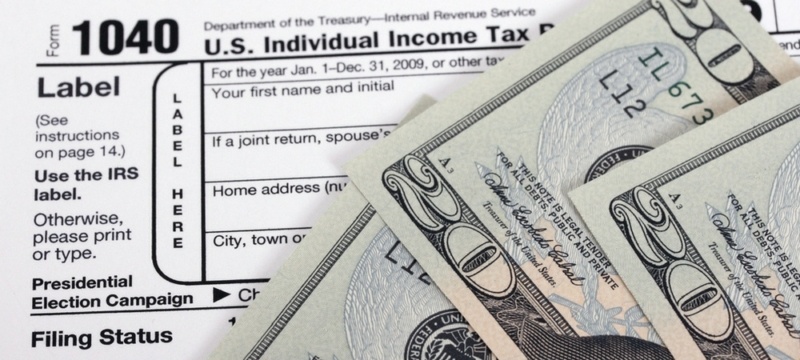Get year-end tax tips for 2013 directly from tax experts as the year 2013 comes to a close. These tax tips can make a big difference in your income tax return for 2013. That’s why I brought in tax experts Bill Nemeth, Merry Brodie and Chet Burgess to discuss year-end tax tips for 2013. Our annual year-end tax show will help you understand any tax changes that will impact you and your tax returns when you file in April of next year.
Many people are wondering what the status will be of three different tax deductions in 2014: mortgage interest, debt forgiveness and energy savings. Let’s discuss what these deductions are and whether they are staying or going for the 2013 tax filing year.
Mortgage interest tax deductions are staying.
The first year-end tax tip is on the mortgage interest tax deduction. Mortgage interest is generally tax deductible and we won’t be seeing any major changes to that, says tax expert Merry Brodie.
However, the PMI (private mortgage insurance) tax deduction is going to go away. The last time you will be able claim a PMI deduction is on your 2013 taxes. So be sure to know that starting next year, your PMI payments will not be tax deductible.
PMI deductions were originally put into place to help private mortgage insurance compare favorably with what people were doing in the mortgage market, which was getting an 80 percent mortgage and then putting a 20 percent mortgage on top to make it deductible. But that is what got the housing market into trouble seven years ago. The fact that the PMI deduction is phasing out is a good thing because insurance is typically not deductible.
Debt forgiveness tax deductions on short sales and foreclosures are ending.
The next year-end tax tip is on debt forgiveness, which is supposed to end in 2013. Congress has not extended the debt forgiveness for deficiencies on short sales and foreclosures on primary residences beyond the end of this year. Tax experts are afraid that’s going to impact some tax payers in 2014.
The deduction was pushed out in 2011, at a time when we thought the housing market would be cleared up by 2013. While it is better to a greater degree now, there are still millions of people who are underwater with their mortgages. Ending these debt forgiveness tax deductions on short sales and foreclosures could have a big impact on those still struggling to keep up with their mortgage payments.
Energy efficient home improvement tax deductions are staying.
The final year-end tax tip is on energy savings. Tax deductions for energy efficient home improvements were revived for 2012 and 2013. You can get up to $500 for your home by doing energy-saving things, such as adding insulation, and $200 for only doing your doors and windows. A good tax deduction can be found in home insulation; you can get the full $500 tax deduction.
“But remember that’s a lifetime credit, which many people don’t realize. So if you’ve claimed energy efficient credits in the recent past you may not be able to get the credit again,” Brodie says.
There were also energy deductions for plug-in and electric vehicles, which are battery powered. Currently there’s a $7,500 federal tax credit for certain plug-in and electric vehicles. Leasing companies have been clever by allowing people to apply the $7,500 directly to the lease payment, which reduces their cost dramatically. If you do the math, you can get a very low cost two-year lease on a plug-in or electric vehicle. This tax deduction is going to expire at the end of 2013, but will most likely be picked back up in 2014.
Glinkonomics is Ilyce Glink’s take on what’s going on in the economy this week. This week, Ilyce was joined by three tax experts to discuss year-end tax tips for 2013.
WSB Radio’s Ilyce Glink Show – December 8, 2013
Click the audio link below to listen to the full Ilyce Glink Show on WSB Radio, or go to iTunes and download the show to your handheld device.
Download the podcast via iTunes
Thanks for listening.







Thank you for all your good advice and insight
I wonder about the tax relief advertisements on your site. Have you vetted them? Can I trust that they are legitimate?
Thank you,
Andrée L
Andree:
We don’t vet the ads from Google. They are put into the site automatically based on relevancy to the topic being discussed. If I do recommend anything you’ll see it in big bold letters so that you cannot mistake it! 🙂
That’s not to say that some of the attorneys who help you fight property taxes that buy those keywords from Google aren’t great. It’s just that we don’t monitor them.
Thanks for listening. Appreciate that you took the time to write.
Andrée, If you are looking for someone legitimate to represent you in a tax matter I highly recommend going to http://www.naea.org/ and clicking on the “Find an EA” link on the top. Enrolled Agents are the only Federally Licensed Tax Experts and finding one through the National Association of Enrolled Agents website is a safe bet!